Situation still acute in efforts to manage petrol supply
While the supply of petrol and oil for the domestic market has eased, difficulties in the basic price structure of petrol had not yet been resolved. Minister of Industry and Trade Nguyen Hong Dien on October 24 met with the Vietnam Petroleum Association (VINPA) and over 30 enterprises. The minister wanted to “quickly solve the local shortage of petrol in some areas in the country”, he stated at the meeting, as many petrol stations have closed or controlled the amount of petrol sold.
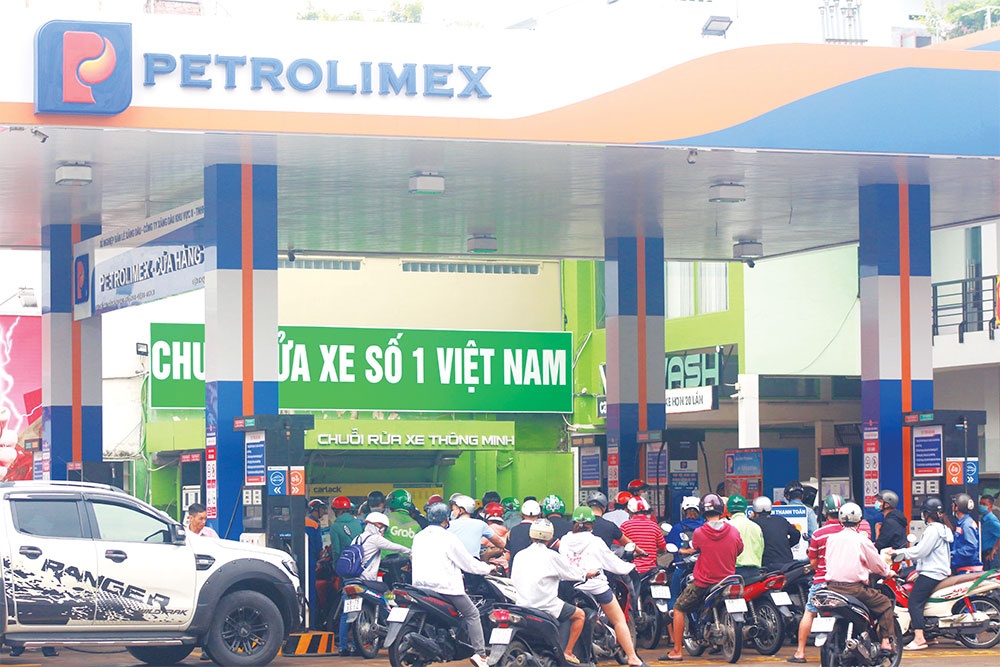 |
| Some people living in the south and central regions of Vietnam, in particular, have struggled to fill up their vehicles in recent weeks, photo Le Toan |
Tran Duy Dong, director of the Ministry of Industry and Trade’s (MoIT) Domestic Market Department, said, “The shortage of domestic supply became more intense in the third quarter when six key enterprises could not guarantee the minimum supply.”
In 2022, the total minimum petroleum supply that the MoIT assigned to 36 enterprises will amount to more than 20.7 million cu.m3/tonne of petrol and oil of all kinds. However, the ministry stated that the world supply is scarce, and the costs for businesses increased sharply from the end of 2021. Meanwhile, many key enterprises do not have enough money to import goods due to insufficient credit limits or foreign currency.
Data from the General Department of Vietnam Customs showed that in this quarter, the volume of gasoline imports has fallen by 40 per cent, and diesel oil by 35 per cent compared to the second quarter. On October 9, only 19 of the key enterprises imported petrol.
Bui Ngoc Bao, chairman of the VINPA, commented, “The decrease in petrol prices and the cost in the base price structure are the two main reasons leading to the disruption of domestic supply. The cost levels in the base petrol price structure applied since 2014 are no longer appropriate in the current context.”
Bao added that, in the first six months of the year, due to the influence of geopolitics, product prices increased, leading to domestic prices and logistics costs also increasing. “The normative business expenses of some major key traders according to the audit results in 2021 increased due to the rise in reasonable and valid actual expenses,” Bao explained.
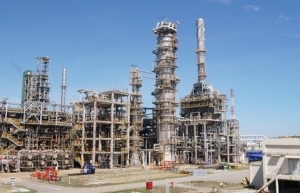 MoF proposes to reduce tax for input material of petrol products to 10% MoF proposes to reduce tax for input material of petrol products to 10% |
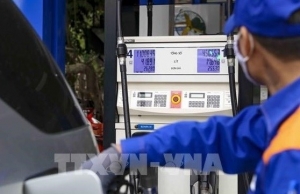 Petrol prices down in latest adjustment Petrol prices down in latest adjustment |
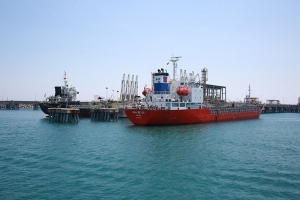 Dung Quat Refinery exceeds design capacity to meet demand Dung Quat Refinery exceeds design capacity to meet demand |
Petrolimex, in an official letter to Minister of Finance Ho Duc Phoc on September 14, also said that the constituent elements of the base price, such as the premium, transportation costs, and normative costs, have not been fully calculated. The Ministry of Finance (MoF) would still maintain the cost levels in the structure to calculate the base price of petroleum, it said.
According to Petrolimex, the main problem that businesses face are shared remuneration and discounts for retail franchisees and distribution traders. Petrolimex expects the MoF to promptly adjust and reflect the calculated costs in the petrol price formula to relieve pressure on key traders and ensure that businesses operate efficiently.
The MoF’s policymakers sent out a dispatch on October 7, stating that the domestic supply will soon be compensated, and announcing the adjustment of the domestic premium and the cost of bringing petrol from the domestic refinery to the ports. In the document, the MoF also asked the MoIT to control the domestic petrol price so that the increase in normative costs does not affect the increase in the base price in the operating period.
However, Dong from the Domestic Market Department said that, as the MoF had yet to adjust the domestic premium level and the related logistics costs, domestic petrol prices would not fully reflect the costs. “Thus, many petrol retailers are not offering discounts to cover costs and maintain business operations,” Dong said.
He added that the MoIT was working with the MoF to review the normative cost elements in the base price to ensure harmonisation of interests between the people, the state, and businesses, while also considering controlling inflation. However, the VINPA remains concerned that petroleum imports in the coming time will still be very difficult. According to Bao of the VINPA, with the price situation in the fourth quarter, the domestic premium could be around $10. “Therefore, businesses are forecasted to suffer a loss of more than VND1,000 (4.3 US cents) per litre of petrol,” Bao said.
Bao added that, in the third quarter, such losses already amounted to VND650 (2.6 US cents) per litre of gas. “This will make it almost impossible for businesses to import according to the allocation quota,” he warned.
| Vu Hong Thanh - Chairman National Assembly Economic Committee
Reviewing the government’s report on the results of the implementation of the Socioeconomic Development Plan in 2022, the Economic Committee of the National Assembly raised several issues of public concern, including fluctuations in petroleum prices in the domestic market. In the first half of the year, domestic gasoline prices continuously increased to a record level, causing difficulties for businesses and people’s lives. The increase in prices was mainly caused by a shortage of domestic supply and an unsuitable discount rate. As a result, the purchase price is now higher than the selling price, causing many petroleum businesses to lose money. The National Assembly Economic Committee thus requested the government to find solutions. Nguyen Hong Dien - Minister of Industry and Trade
Dealing with the local shortage of petrol in some areas, the MoIT has proposed several solutions to stabilise the domestic market. Accordingly, production enterprises and traders must implement the committed output plan. Local authorities need to promptly remove difficulties and ensure the legitimate interests of customers and businesses in the area. The key enterprises, including distributors, must ensure the reserve volume according to regulations and in accordance with the process. A new requirement will be set from January 1, 2023, according to which petroleum businesses must deploy management software applications and connect with the MoIT for information transparency, circulation management, and fairness between businesses. |
What the stars mean:
★ Poor ★ ★ Promising ★★★ Good ★★★★ Very good ★★★★★ Exceptional
Related Contents
Latest News
More News
- Masan Consumer names new deputy CEO to drive foods and beverages growth (February 23, 2026 | 20:52)
- Myriad risks ahead, but ones Vietnam can confront (February 20, 2026 | 15:02)
- Vietnam making the leap into AI and semiconductors (February 20, 2026 | 09:37)
- Funding must be activated for semiconductor success (February 20, 2026 | 09:20)
- Resilience as new benchmark for smarter infrastructure (February 19, 2026 | 20:35)
- A golden time to shine within ASEAN (February 19, 2026 | 20:22)
- Vietnam’s pivotal year for advancing sustainability (February 19, 2026 | 08:44)
- Strengthening the core role of industry and trade (February 19, 2026 | 08:35)
- Future orientations for healthcare improvements (February 19, 2026 | 08:29)
- Infrastructure orientations suitable for a new chapter (February 19, 2026 | 08:15)

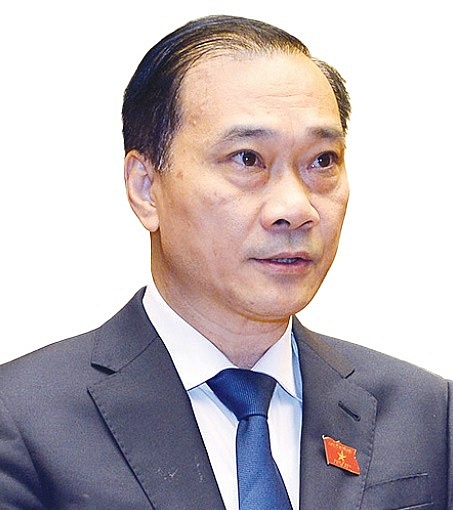
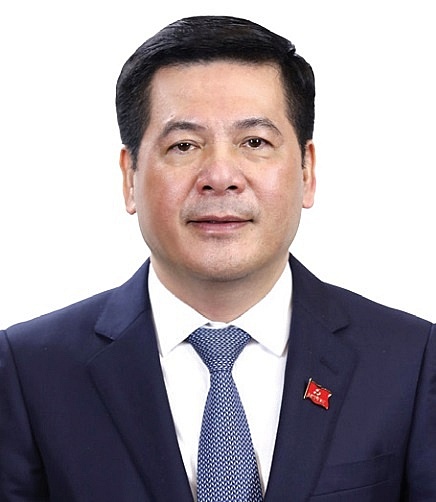
 Tag:
Tag:



















 Mobile Version
Mobile Version